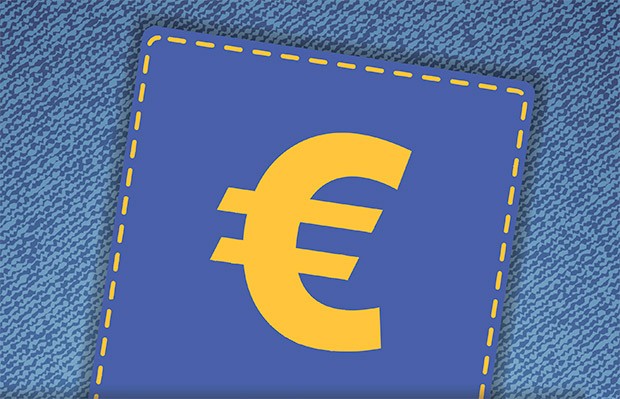The Abduction of Europe
The global economy is experiencing the most serious test of its strength since the end of World War II. It is obvious that the old system is now gone. The bets have been placed: Russia is trying to lead the bloc of developing economies, and the goal of the U.S. is to subjugate Europe economically and politically. It is over this issue that the main struggle has now unfolded.
U.S. and EU negotiations to prepare an agreement on the Transatlantic Trade and Investment Partnership (TTIP) have entered their final phase. It is anticipated that it will be signed within a year, creating the world′s largest duty-free economic zone with a consumer market of 820 million people will be created. According to experts, it will account for approximately half of global GDP and a third of global trade.
The creation of an “economic NATO” will allow the U.S. to conduct its own kind of reboot of the world economy, strengthen the weakened financial system, and obtain a huge market for its products. The new economic bloc will be able to act much more successfully than the current U.S. economy and counter China, India, and Russia. It is naive to assume that the only goal of the agreement is to facilitate bilateral trade with Europe: There are not that many customs barriers now. Europeans will have to switch completely to standards and guidelines that have now been adopted in the U.S., including both technical and social ones. Sectors of the EU economy that cannot comply with the new requirements, or for which there is simply no market in the U.S., will lose the support of the European Commission. European supply will be dictated by demand from the more dynamic American market.
It is believed that the TTIP will create new jobs. However, many experts point out that unemployment will simply be redistributed. One of the main critics of the draft agreement, Dominique Strauss-Kahn, has repeatedly stated that if American companies were given the opportunity to hire staff in Europe, they would take advantage of the fact that the labor legislation of the EU countries is not unified. As a result, wages would settle at the lowest level. In addition, the agreement would impact small and medium-sized domestic producers, who would cede their market share to multinational corporations.
In particular, the protection of national producers and quality standards remains a stumbling block to the finalization of the TTIP. Europeans are not willing to import genetically modified foods, although in the U.S. they are considered safe. The issue of trademark protection remains unresolved. The Italians, for example, insist on banning American Parmesan cheese until it is renamed.
The TTIP project envisages the expansion of the rights of transnational corporations and the creation of extraterritorial arbitration tribunals to address investment and economic conflicts. Europe risks simply being snuffed out by American corporations and law firms. Indeed, transnational corporations will even be able to file suit against individual governments if they interfere with their activities.
Strauss-Kahn has also repeatedly rebuked negotiators for their lack of transparency. Documents are not published and are not discussed, and the European Commission alone is representing the EU in the dialog. National governments and parliaments have been banned from participating in the negotiations. Obviously, the agreement is sharply aggravating social conflicts in Europe. The current social model of European countries, which promotes higher standards of protection than exists in the U.S., will be revised. This threatens a serious crisis, with far-reaching social and political consequences. The last, but not the least important argument of the opponents of TTIP is that the personal data of Europeans would officially become available to U.S. agencies and corporations. This cannot but cause concern in light of the constant revelations of spy scandals.
If the TTIP were enacted, then the world would finally become divided into camps. Perhaps herein lies the explanation of the unprecedented propaganda campaign that is currently unfolding against Russia. After all, it is desirable to isolate a potential competitor from one’s allies ahead of time. However, more and more people in different countries are realizing what′s at stake: the economic world order for the next 50 years. And they are not willing to accept the version that others are imposing on them. In other words, the game is not yet finished.
Text: Robert Gubernatorov, Editor-in-Chief of World Economic Journal




Comments are closed.